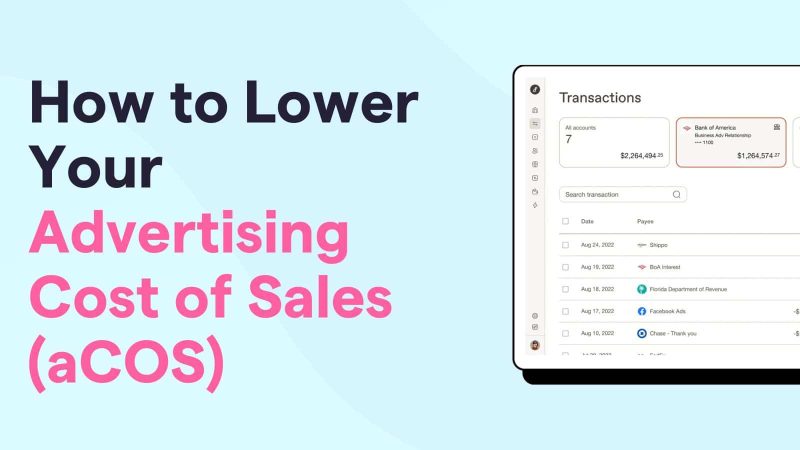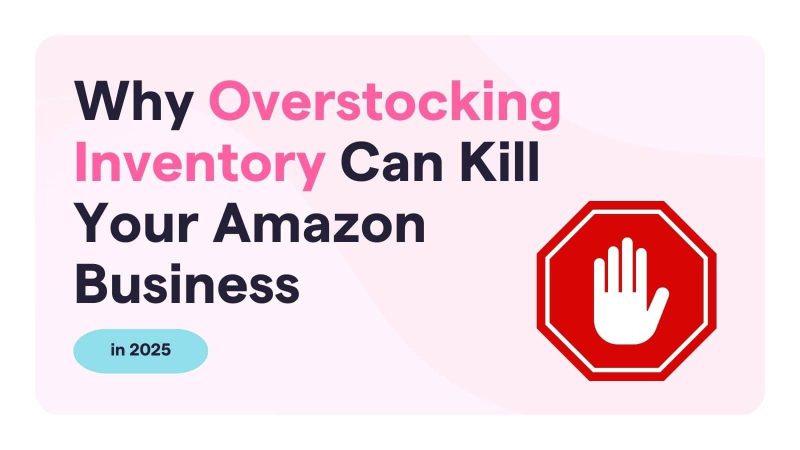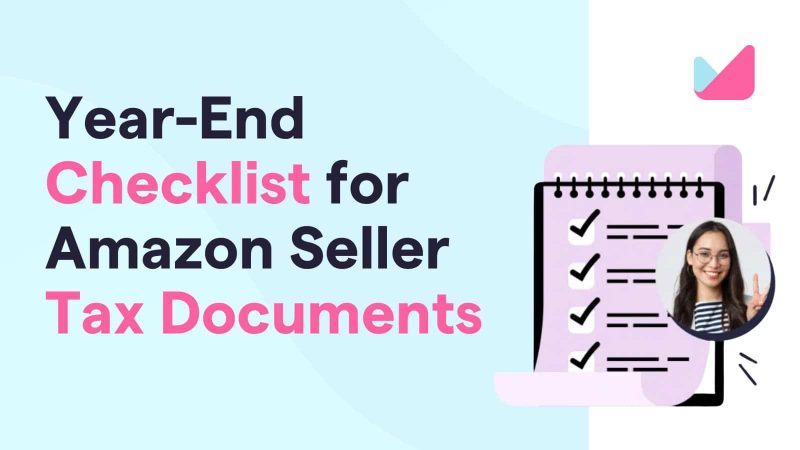Being an Amazon seller definitely has its perks, but let’s be honest—taxes aren’t one of them. Handling sales tax can feel like extra work, especially when it comes to collecting and sending it off to the IRS.
But here’s some good news if you’re selling on Amazon in 2024—you don’t have to worry about managing sales tax collection anymore! Unlike brick-and-mortar stores, you have the Amazon estimated tax collected. Big relief, right?
Well, not so fast. There are still a few key things you need to be aware of, like how Amazon calculates the estimated tax and what your business’s nexus means for staying tax compliant.
In this blog, we’ll break down how Amazon handles sales tax, the factors that influence those tax calculations, and why understanding your nexus is crucial for your business.
Let’s start with the basics.
Overview of Amazon Sales Tax Collection
Sales taxes are just part of doing business, whether running a brick-and-mortar store or selling on Amazon. In simple terms, sales tax gets collected from customers at the point of sale. So, whenever you make a successful sale, the sales tax is added to the total amount the customer pays.
As the seller, you’ll get that sales tax, too, but remember—that’s not your money. It belongs to the government, and you’re responsible for sending it to the IRS.
But here’s the good news: thanks to Marketplace Facilitator Laws, Amazon sellers no longer have to worry about handling the collection or remittance.
But does that mean you’re entirely off the hook? Not exactly. Even though Amazon handles the collection, you still have a few things to take care of as a seller. Keep reading to find out more.
How Is the Tax Computed?
Tax computations and rules can feel like navigating a maze, but Amazon does this on your behalf. So, how does Amazon determine the tax, and why do they say “Amazon estimated tax collected”? Let’s talk about the factors that affect the tax computation:
- Buyer’s location: Tax rates vary from state to state. The sales tax rate isn’t a one-size-fits-all rate that applies to all transactions. For instance, California’s sales tax is 7.25%, while Texas’s is only 6.25%. Hence, if two buyers purchase the same item, California buyers pay more sales tax than Texas buyers. However, that’s Amazon’s job to figure out.
- Seller’s nexus: While “nexus” sounds like science fiction, it’s just a fancy term for where your business has a physical presence. For example, if you have a warehouse in Florida, your nexus is in Florida. The following section will discuss nexus and how it affects Amazon sellers.
- Product categories: States may charge taxes for different product categories. Hence, Amazon also considers the product category when computing taxes. It differs per state, so every Amazon seller should be relieved that they’re not doing this.
Now, the big question remains. Why is it just an estimated tax collection? It may be due to any of the following factors:
- The buyer may be entitled to tax exemptions (e.g., nonprofits or government).
- Some promos and discounts may reduce the price before being taxed.
- The nuances in tax rates across states may cause adjustments on the backend.
Your Nexus as an Amazon Seller
Your nexus is your business’ connection with the state. Before the age of e-commerce, determining your nexus was relatively easy. Wherever your warehouse is, that’s your physical nexus. But it got a bit complicated when people started selling online.
On top of that, some Amazon sellers take advantage of Amazon fulfillment centers. So, how do we deal with this problem? In 2018, a Supreme Court ruling sealed the fate of this nexus hullabaloo.
In the case of South Dakota v Wayfair, Inc., the Supreme Court ruled that the economic nexus shall apply in the absence of a physical presence in a state.
Even if you don’t have a physical presence in California, for example, the amount of business you do in the State of California based on sales revenues or transactions will create an economic nexus that requires Amazon to collect sales tax.
Threshold per State
Each state has a threshold for determining the economic nexus. When you meet at least one of the thresholds, Amazon shall collect sales tax on all your transactions in that state. Below are the different thresholds for sales revenue or number of transactions.
Sales Revenue Threshold | Transaction Threshold | States |
$100,000 | 200 | Alaska (Municipalities), Arkansas, Connecticut, District of Columbia, Georgia, Hawaii, Illinois, Indiana, Kentucky, Louisiana, Maine, Maryland, Massachusetts, Michigan, Minnesota, Nebraska, Nevada, New Jersey, North Carolina, North Dakota, Rhode Island, South Dakota, Utah, Vermont, Virginia, West Virginia, Wisconsin, Wyoming |
$100,000 | N/A | Arizona, Colorado, Florida, Idaho, Iowa, Kansas, Missouri, New Mexico, Ohio, Oklahoma, Pennsylvania, South Carolina, Tennessee, Washington |
$250,000 | N/A | Alabama, Mississippi |
$500,000 | N/A | California, Texas |
$500,000 | 100 | New York |
For states with sales revenue and transaction thresholds, you only need to meet either to have economic nexus. For example, even if your sales in New York are only $200,000 but have 101 transactions, you already have economic nexus in New York.
What’s in it for you?
While Amazon does the heavy lifting, you should also be aware of your nexus responsibilities to stay compliant, such as the following:
- Registering sales tax permits in states where Amazon collects sales tax in your stead
- Filing sales tax returns
- Reviewing sales tax reports from Amazon for monitoring
Need Help With Your Amazon Sales Taxes?
It’s great news that Amazon manages sales tax collection for you, but don’t forget—you still have responsibilities as an Amazon seller.
You need to be on top of your nexus, file sales tax returns, and review your reports regularly to make sure everything is accurate.
Not sure how to handle all of this? Here at MuseMinded, we specialize in Amazon accounting, including managing sales taxes, staying compliant with state laws, and making sure your financial obligations are met without a hitch.
If dealing with these taxes feels overwhelming, let’s chat.
We’re here to help you navigate the complexities of Amazon accounting, so you can focus on growing your business. Book a call with us today!
Until next time!




